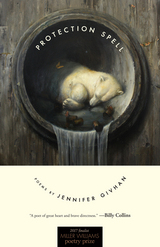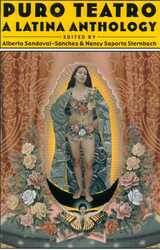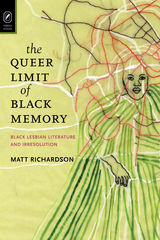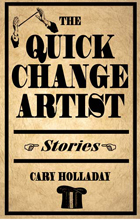Soda and Fizzy Drinks: A Global History
Reaktion Books, 2021
eISBN: 978-1-78914-490-1 | Cloth: 978-1-78914-491-8
eISBN: 978-1-78914-490-1 | Cloth: 978-1-78914-491-8
ABOUT THIS BOOK | AUTHOR BIOGRAPHY | REVIEWS | TOC | REQUEST ACCESSIBLE FILE
ABOUT THIS BOOK
An effervescent exploration of the global history and myriad symbolic meanings of carbonated beverages.
More than eighty years before the invention of Coca-Cola, sweet carbonated drinks became popular around the world, provoking arguments remarkably similar to those they prompt today. Are they medicinally, morally, culturally, or nutritionally good or bad? Seemingly since their invention, they have been loved—and hated—for being cold or sweet or fizzy or stimulating. Many of their flavors are international: lemon and ginger were more popular than cola until about 1920. Some are local: tarragon in Russia, cucumber in New York, red bean in Japan, and chinotto (exceedingly bitter orange) in Italy. This book looks not only at how something made from water, sugar, and soda became big business, but also how it became deeply important to people—for fizzy drinks’ symbolic meanings are far more complex than the water, gas, and sugar from which they are made.
More than eighty years before the invention of Coca-Cola, sweet carbonated drinks became popular around the world, provoking arguments remarkably similar to those they prompt today. Are they medicinally, morally, culturally, or nutritionally good or bad? Seemingly since their invention, they have been loved—and hated—for being cold or sweet or fizzy or stimulating. Many of their flavors are international: lemon and ginger were more popular than cola until about 1920. Some are local: tarragon in Russia, cucumber in New York, red bean in Japan, and chinotto (exceedingly bitter orange) in Italy. This book looks not only at how something made from water, sugar, and soda became big business, but also how it became deeply important to people—for fizzy drinks’ symbolic meanings are far more complex than the water, gas, and sugar from which they are made.












